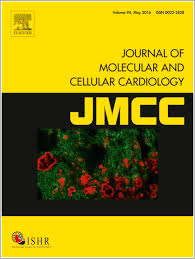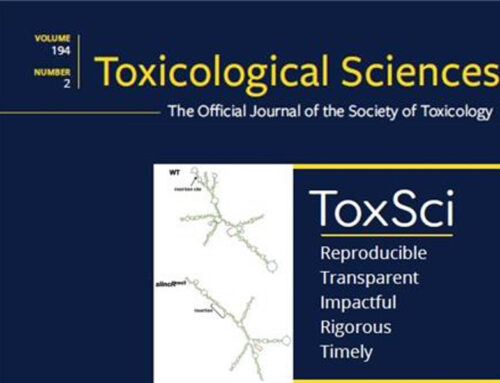Abstract:
Cardiomyocytes represent one of the most useful models to conduct cardiac research. A single adult heart yields millions of cardiomyocytes, but these cells do not survive for long after isolation. We aimed to determine whether inhibition of myosin II ATPase that is essential for muscle contraction may preserve fully differentiated adult cardiomyocytes. Using inhibitors of the myosin II ATPase, blebbistatin and N-benzyl-p-toluene sulphonamide (BTS), we preserved freshly isolated fully differentiated adult primary cardiomyocytes that were stored at a refrigerated temperature. Specifically, preserved cardiomyocytes stayed viable for a 2-week period with a stable expression of cardiac genes and retained the expression of key markers characteristic of cardiomyocytes. Furthermore, voltage-clamp, action potential, calcium transient and contractility studies confirmed that the preserved cardiomyocytes are comparable to freshly isolated cells. Long-term exposure of preserved cardiomyocytes to four tyrosine kinase inhibitors, sunitinib malate, dasatinib, sorafenib tosylate and imatinib mesylate, revealed their potential to induce cardiac toxicity that was manifested with a decrease in contractility and induction of cell death, but this toxicity was not observed in acute experiments conducted over the time course amenable to freshly prepared cardiomyocytes. This study introduces the concept that the inhibition of myosin II ATPase safeguards the structure and function of fully differentiated adult cardiomyocytes. The fact that these preserved cardiomyocytes can be used for numerous days after preparation makes them a robust and versatile tool in cardiac research and allows the investigation of long-term exposure to novel drugs on cardiomyocyte function.






